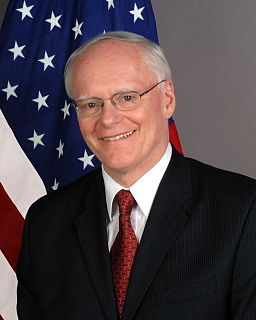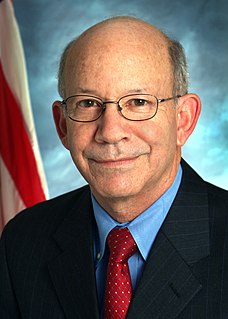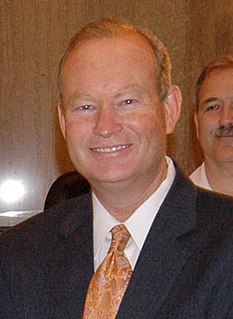A Quote by Richard Engel
The Iraqi government will try and retake some of the cities have that been captured by ISIS. That means the Shiite government dropping bombs on civilian areas, on Sunni cities. There will likely be a response with car bombings here in Baghdad, and this could be a long fight.
Related Quotes
There's no getting around the fact that some cities face long odds, and governments and societies are going to be confronted with some hard decisions. Most importantly, cities have to recognize that in times of crisis they have to help themselves. Governments, no matter how well intentioned, can only do so much, especially when they themselves are so strapped for cash, as the U.S. is now. Government money will probably flow to cities and regions with good prospects for the future, so as not to risk money even further by pouring it into stalled economic models.
Fifty percent of the world's population lives in cities. In a couple of decades, 70 percent of the world's population will be living in cities. Cities are where the problem is. Cities are where the solution is, where creativity exists to address the challenges and where they have most impact. This is why, in 2005, the C40 was founded, an organization of cities that address climate change. It started with 18 cities; now it's 91. Cities simply are the key to saving the planet.
I think what is true is that there's been an underlying division in the United States. Some of it has to do with the fact that economic growth and recovery tends to be stronger in the cities and in urban areas. In some rural areas, particularly those that were reliant on manufacturing, there has been weaker growth, stagnation, people feeling as if their children won't do as well as they will.
By rebuilding transportation so that you're not owning this thing that just sits there all the time, you get to rebuild cities in the process. If we do this right as a country, we have a chance to re-create our cities with the people, rather than cars, at the center. Our cities today have been built for the car. They've been built for car ownership. Imagine walking around in the city where you don't see any parking lots and you don't need that many roads.
From space, astronauts can see people making love as a tiny speck of light. Not light, exactly, but a glow that could be confused for light - a coital radiance that takes generations to pour like honey through the darkness to the astronaut's eyes. In about one and a half centuries - after the lovers who made the glow will have long since been laid permanently on their backs - the metropolitan cities will be seen from space. They will glow all year. Smaller cities will also be seen, but with great difficulty. Towns will be virtually impossible to spot. Individual couples invisible.
By 2050, seven out of ten people will live in cities, which will account for six billion people living in urban areas. That phenomenon is central to all the challenges humanity faces. If there is an issue to be addressed, then it is certainly happening in cities and therefore must be considered on an urban scale.
As industries migrate toward the Far East, the future of many Western cities will no longer lie in manufacturing products but ideas and patents. Young, mobile elites can choose where they want to live, and they can easily move, which means that cities are involved in a heated competition for the best people. Only the most attractive cities can benefit from this development.
































